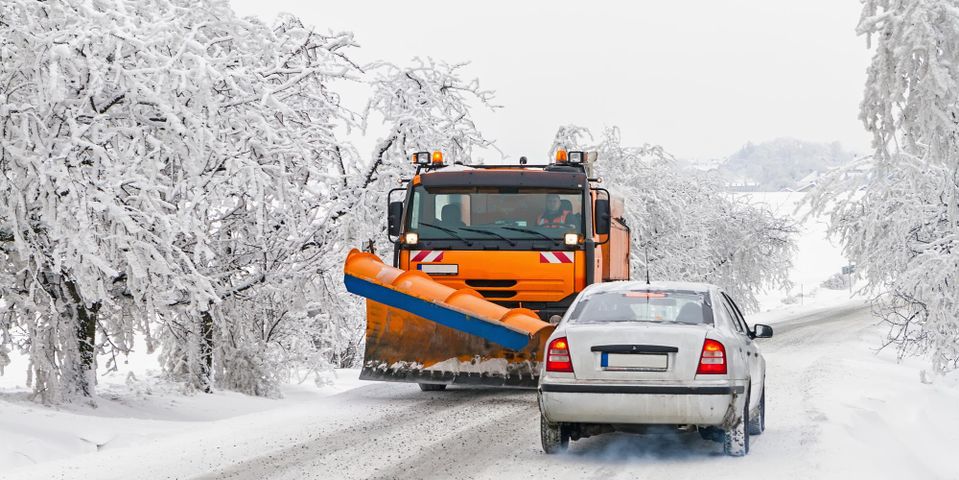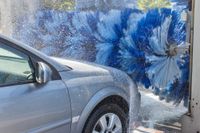
Road salt is crucial during cold and icy weather because it helps prevent accidents and keeps roads in a safe condition. However, it can cause damage to vehicles, and cars that often drive on salted roads might end up needing auto body repair. Below is a guide to the effects of road salt on vehicles, as well as a few ideas about how to avoid problems.
How Road Salt Affects Cars
Salt is corrosive, and when it mixes with water and slush on the road, it is kicked up into the undercarriages of vehicles. Over time, it leads to corrosion that affects areas of the car, such as the exhaust and muffler.
Road salt also damages the subframe and coil springs and can affect the paintwork on the body. One significant problem caused by road salt is rust, which can cause a leaking brake system and eventually lead to a brake system failure.
How to Prevent Damage
 The longer the salt and water are attached to the vehicle, the more problems they will cause. One fantastic way to prevent damage is to use a car wash that includes the undercarriage regularly. You should do this as soon as possible after driving on salted roads. Avoiding puddles and potholes with considerable water is another simple way to reduce problems.
The longer the salt and water are attached to the vehicle, the more problems they will cause. One fantastic way to prevent damage is to use a car wash that includes the undercarriage regularly. You should do this as soon as possible after driving on salted roads. Avoiding puddles and potholes with considerable water is another simple way to reduce problems.
There are several ways to coat your car with a protective layer. Wax will protect the paint on your vehicle, and transparent vinyl wraps are also an option. Auto body repair specialists can provide an oil-based treatment for the undercarriage, which will reduce the amount of salt that attaches itself.
If you need auto body repairs after driving on salted roads, rely on Hart Collision & Custom in Warrenton, MO. Their trusted team has a combined experience of more than 25 years, and they treat all customers as individuals. Services include vehicle customizations, auto painting, and collision repairs. To enquire, call (636) 377-1665 or visit their website.
About the Business
Have a question? Ask the experts!
Send your question

